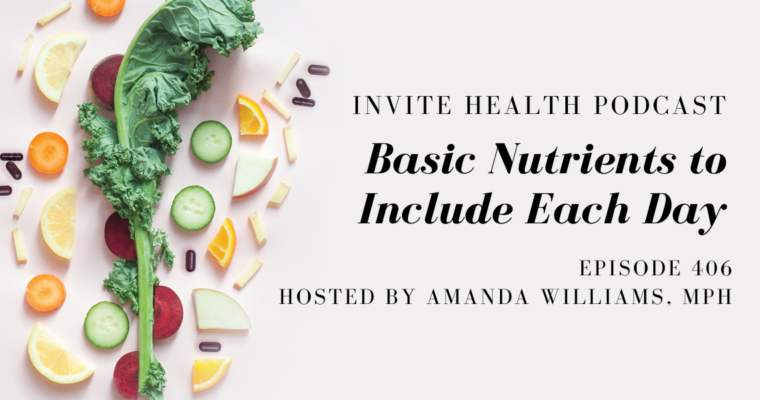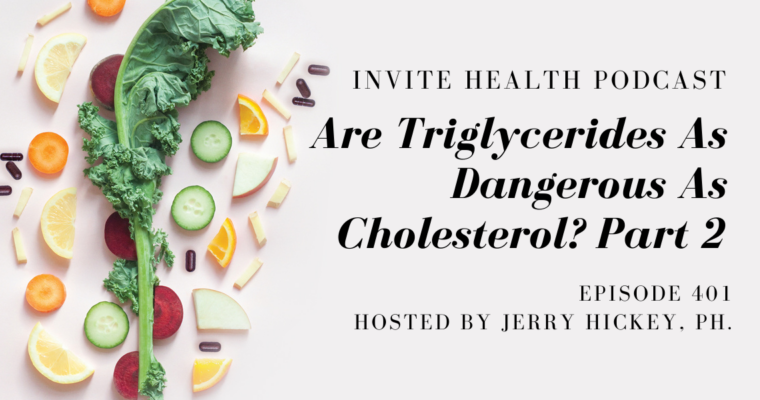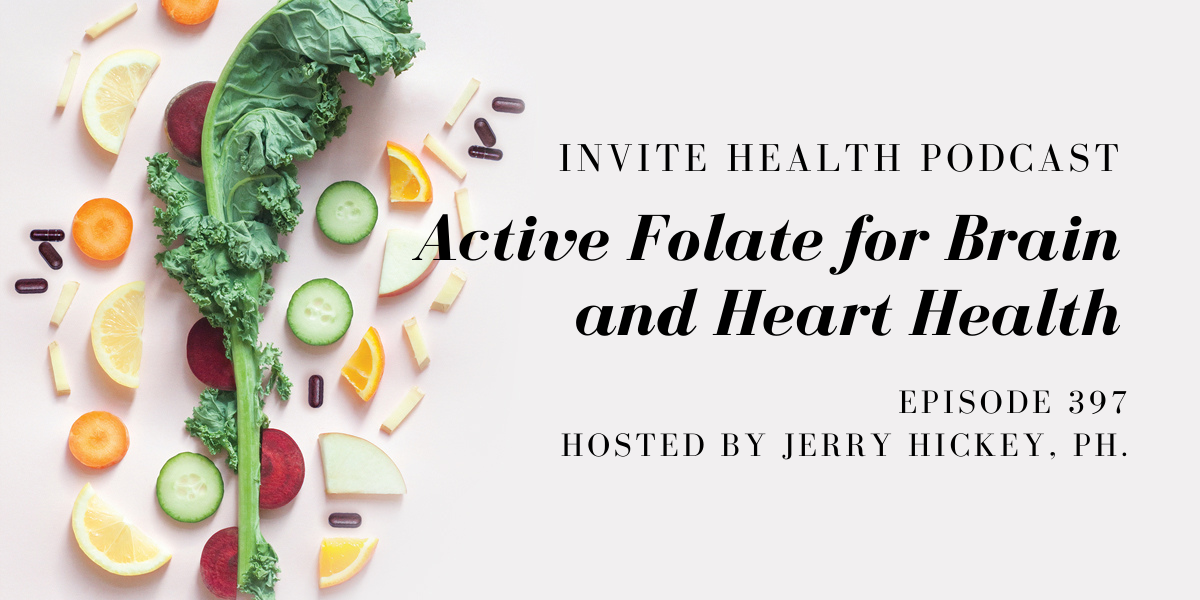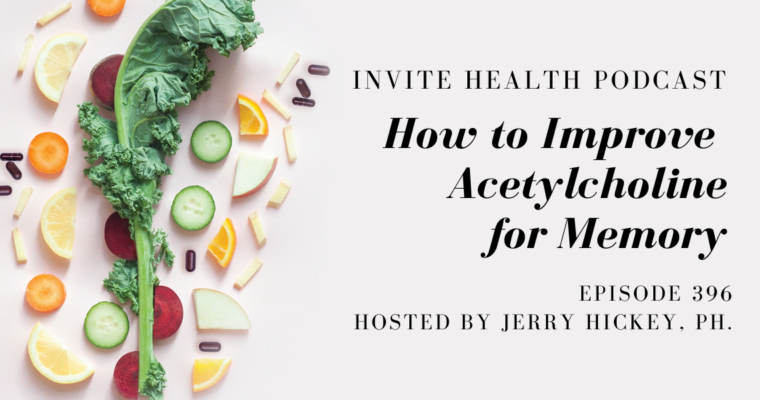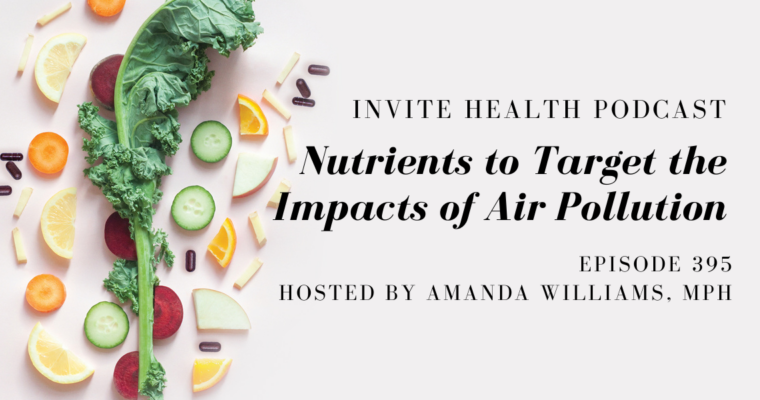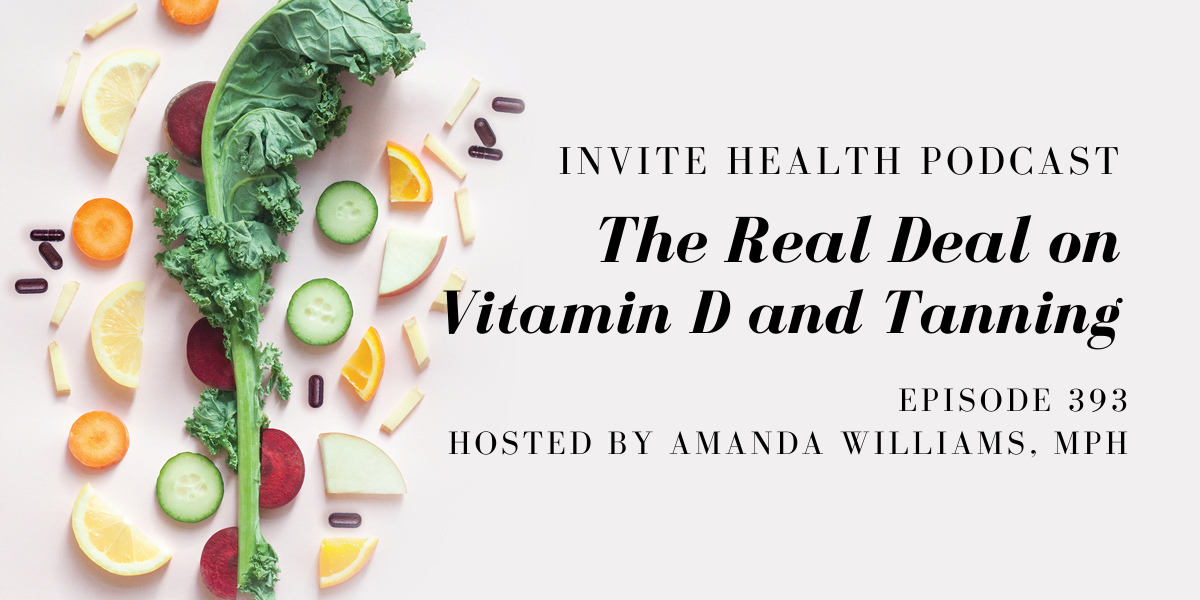vitamin D
InViteⓇ Health Podcast, Episode hosted by Amanda Williams, MPH
Subscribe Today!
Today, I want to get into the facts and fiction when it comes to Vitamin D. Are you getting enough Vitamin D from being in the sun in the summer months? Is 20 minutes a day enough time for you to get exposure to sunlight to maintain healthy levels of this important vitamin? I’m going to get into how Vitamin D is absorbed in the body, why it’s important to have adequate levels of this nutrient year round, and the truth when it comes to tanning.†
WHY A VITAMIN C SERUM IS IMPORTANT FOR SUMMER – INVITE HEALTH PODCAST, EPISODE 132. Listen Now>>
Are you getting enough Vitamin D?
Vitamin D is often known for supporting bone health, but it actually works more like a hormone in the body than like a vitamin. It’s a fat-soluble vitamin. It plays a very specific role when it comes to heart health, brain health and immune health.†
This nutrient itself is technically a steroid hormone. We generally obtain it either through dietary intake, supplementation or exposure to the sun’s UVB rays.†
The big question is whether you’re getting enough Vitamin D from going out into the sun for 20 minutes. The true answer to that is that, for the average person, no, you are probably not getting enough, and there are many different reasons why. First and foremost, we have to think about photoprotection factors, such as sunscreen. It is smart to use sunscreen, but when we look at photoprotection, there have been studies that have been able to show that when someone applies sunscreen with SPF, this can suppress the body’s ability to actually absorb Vitamin D coming from the sun.†
But say, for example, that you’re going to go on a quick walk around the block and you didn’t apply sunscreen. Will that sun exposure be enough? Once again, it depends because the body can take time to absorb Vitamin D.†

Supplementing with this nutrient
I live in Florida and I supplement with 5000 IU of Vitamin D every single day. Vitamin D3 is part of my daily supplementation routine. There are times when I’m out in the sun, but I am still consistent about taking my supplementation. I also get my blood levels tested so that I know and 5000 IU seems to be the good amount for me to be using. This is why I always encourage people to get their blood levels tested at least one time a year. Then, you should start supplementing. Maybe you start with 2000 or 3000 IU a day. Then, maybe six months later, have that level tested and see where that lands. Ideally, you want your serum blood level to come back between 50 and 75. If it’s below 50, then you know that you probably need a higher amount of supplementation.†
COVID-19 RESEARCH RECOMMENDS VITAMIN D SUPPLEMENTATION – INVITE HEALTH PODCAST, EPISODE 251. Listen Now>>
In this episode, Amanda Williams, MPH addresses myths about how tanning can impact Vitamin D levels in the body. She details how the body absorbs this important nutrients and provides recommendations for how to ensure you are getting enough.†
Key Topics:
- The role of this vitamin in the COVID-19 pandemic
- How the body processes fat-soluble vitamins
- Factors that impact absorption of this nutrient
- How does indoor tanning factor in?
Thank you for tuning in to the InViteⓇ Health Podcast. You can find all of our episodes for free wherever you listen to podcasts or by visiting www.invitehealth.com/podcast. Make sure you subscribe and leave us a review! Follow us on Facebook, Twitter and Instagram at InViteⓇ Health today. We’ll see you next time on another episode of the InViteⓇ Health Podcast.


